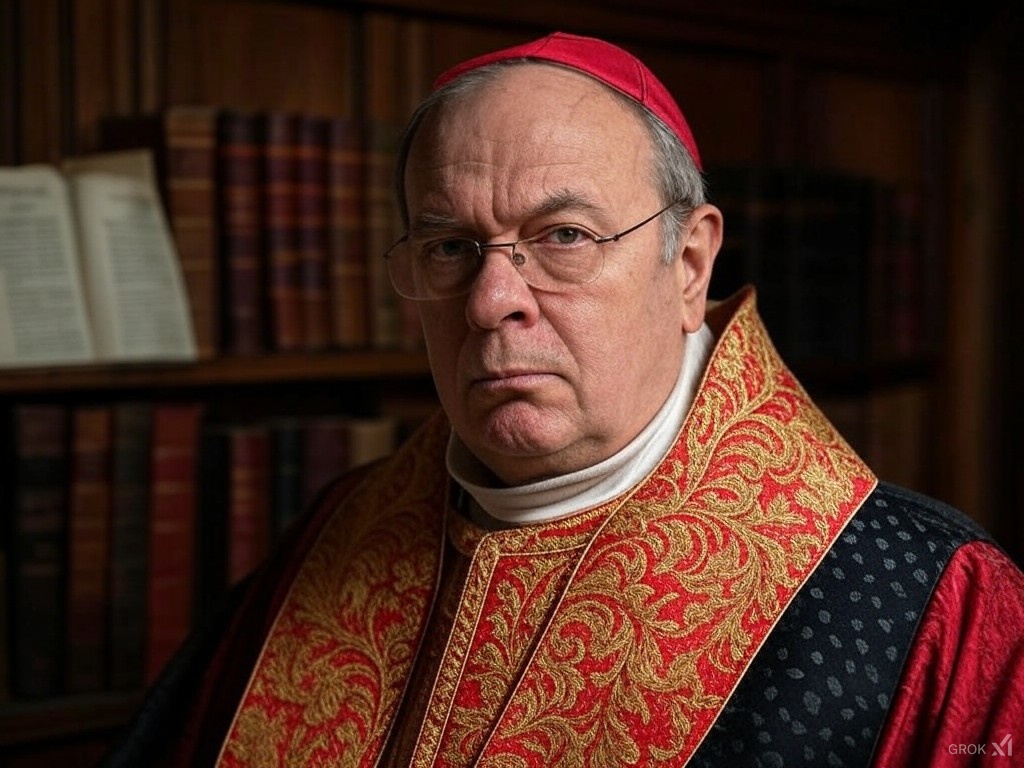In the annals of history, Cardinal Richelieu stands as a figure of immense power, whose influence over the French language and culture was as profound as his political machinations. His era was marked by a rigorous control over discourse, where vulgarities and insults against him or the state could lead to censorship or worse. Fast forward to contemporary Germany, and we observe a somewhat analogous scenario where politicians are using legal avenues to combat insults and vulgarities, raising questions about freedom of expression in a modern context.
Cardinal Richelieu, through the establishment of the Académie française and his oversight of censorship, aimed to purify and elevate the French language, indirectly influencing what was considered acceptable speech. His approach was less about removing specific vulgar words and more about promoting a cultured discourse that aligned with his vision of a centralized, refined French state. This control over language was part of a broader strategy to manage dissent and shape public opinion in an age where the pen was mightily feared.
Contrast this with contemporary German politicians, particularly those from the Green Party like Robert Habeck and Annalena Baerbock, who have been noted for their readiness to sue over insults. German law, specifically § 185 of the Criminal Code, allows for such legal recourse, defining insults as a criminal offense. This modern approach, while not about censorship in the same historical sense, functions similarly by aiming to control the narrative surrounding public figures. It reflects a cultural value placed on honor and reputation, akin to the decorum Richelieu sought to enforce, but through judicial rather than autocratic means.
Both instances highlight a tension between individual rights to honor and the broader societal right to freedom of expression. In Richelieu's time, this balance was tilted heavily towards state control to ensure stability and the monarch's image. Today, in Germany, the legal system serves as the arbiter, navigating through the complexities of modern communication, especially on social media, where insults can proliferate rapidly. The use of lawsuits by politicians could be seen as an attempt to maintain dignity in public life against the backdrop of an often harsh and immediate public scrutiny.
However, these parallels also underscore a significant difference: the democratic framework within which modern German politicians operate. While Richelieu wielded absolute power, today's politicians are subject to public opinion and legal oversight, which theoretically should protect free speech. Yet, the frequent use of legal challenges against citizens for insults might suggest a cautious approach to criticism, potentially chilling free speech by making people wary of voicing their opinions.
In essence, both Cardinal Richelieu and contemporary German politicians reflect the ongoing struggle between managing public discourse and preserving or expanding the boundaries of free expression. While Richelieu's methods were direct and authoritarian, today's politicians use the legal system to navigate similar waters, showing that the question of how much insult can be tolerated in public life is as relevant now as it was centuries ago. This comparison illuminates the timeless challenge of balancing personal honor with democratic freedoms, a debate that continues to evolve with each new era's technological and cultural context.
